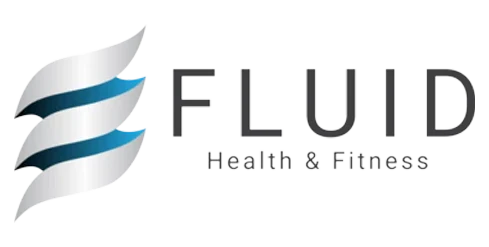Active Metabolic Test Protocols - Does eating carbs before exercise affect energy metabolism?
The body relies on different energy systems during exercise to meet its energy demands. The primary energy sources used during exercise are carbohydrates and fats. The respiratory exchange ratio measures the ratio of carbon dioxide produced to oxygen consumed during metabolism, and it provides insights into which fuel source is predominantly utilized. This is assessed through a procedure called an active metabolic rate test.
When carbohydrates are consumed before an active metabolic assessment, the body has an easily accessible fuel source. Carbohydrates are broken down into glucose, which can be rapidly metabolized to provide energy. As a result, the body tends to rely more on carbohydrates as the main fuel source during exercise.
Carbohydrate metabolism primarily involves glycolysis, which does not require as much oxygen as fat metabolism. Glycolysis produces more carbon dioxide than the amount of oxygen consumed, leading to a higher respiratory exchange ratio. This increase in RER indicates a higher proportion of carbohydrates for energy production.
On the other hand, when fats are the primary fuel source, such as during periods of fasting or low-intensity exercise, the body relies more on aerobic metabolism. Fat metabolism requires more oxygen to generate energy through beta-oxidation, resulting in a lower respiratory exchange ratio.
Consuming carbohydrates before an active metabolic assessment may affect the accuracy of respiratory exchange ratios (RER). The RER is typically used to estimate the relative contributions of carbohydrates and fats to energy metabolism during exercise. However, when carbohydrates are consumed before the assessment, the increased reliance on carbohydrates as a fuel source can skew the RER readings.
Since carbohydrates are readily available and easily metabolized, they can quickly supply the energy needed for exercise. This increased carbohydrate utilization can lead to a higher RER, indicating a greater proportion of carbon dioxide production relative to oxygen consumption.
While the RER may still provide helpful information about the predominant fuel source used during exercise, it might not accurately reflect the actual contribution of fat metabolism. If the assessment aims to determine the individual's metabolic efficiency, substrate utilization, or fat-burning capacity, consuming carbohydrates beforehand could interfere with those measurements.
Performing the metabolic assessment under standardized conditions is generally recommended to obtain more accurate RER readings, which often include fasting or consuming a controlled diet before the test. These conditions help ensure that the body relies on its internal fuel stores and that the RER reflects a more accurate representation of fat and carbohydrate utilization during exercise.
In summary, consuming carbohydrates before an active metabolic assessment can influence the accuracy of respiratory exchange ratios, particularly in assessing fat metabolism. To obtain more reliable results, it is advisable to follow the recommended guidelines for preparation, which often involve standardized conditions regarding dietary intake.



